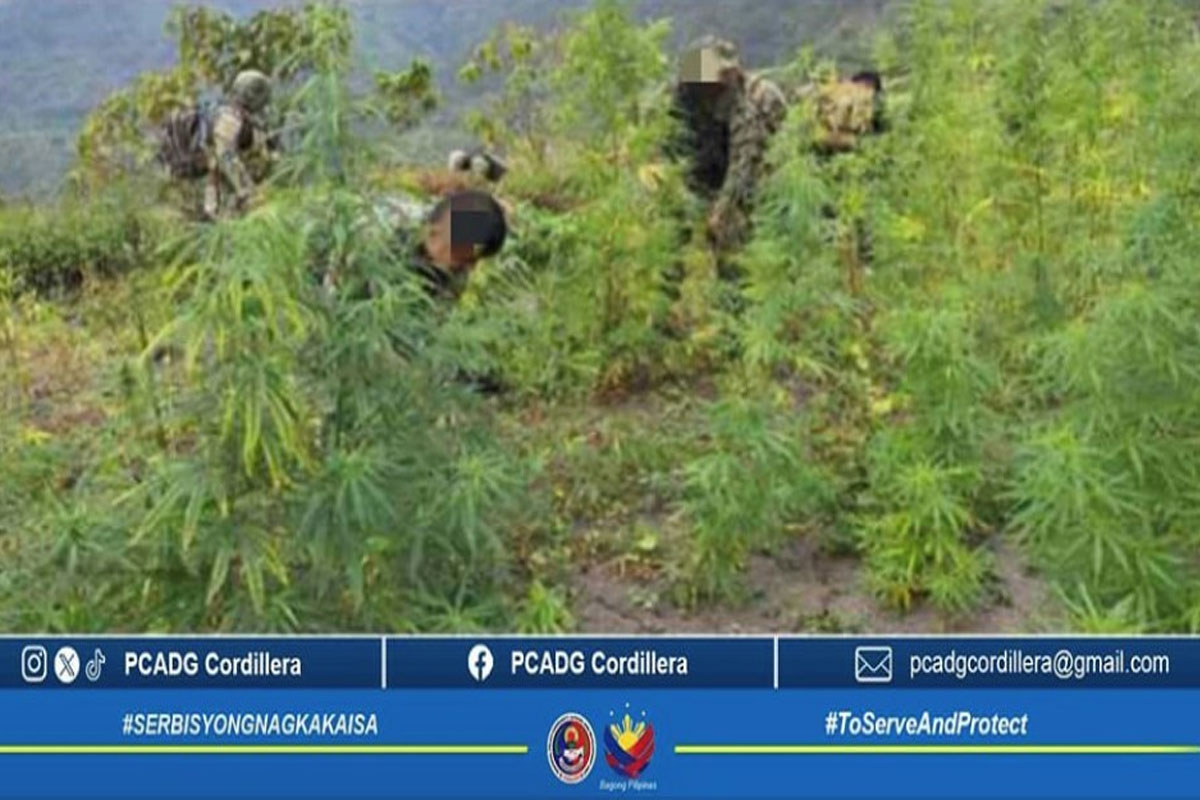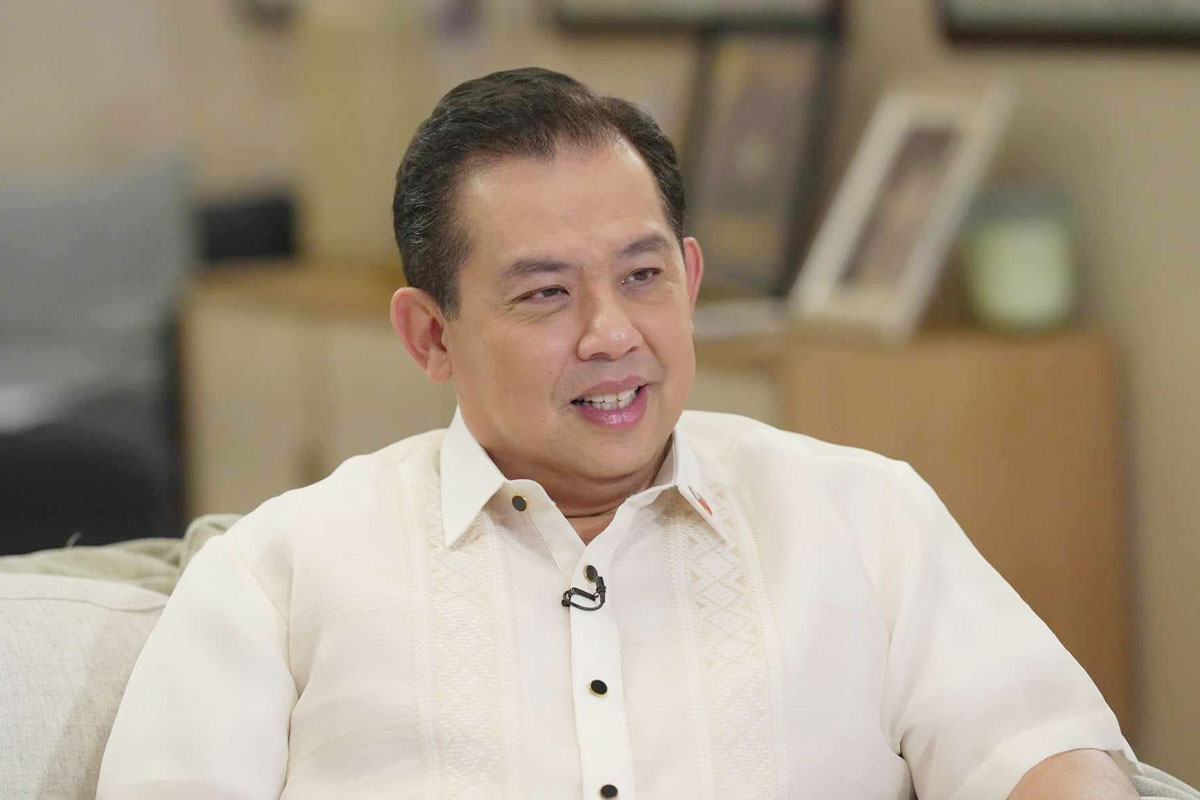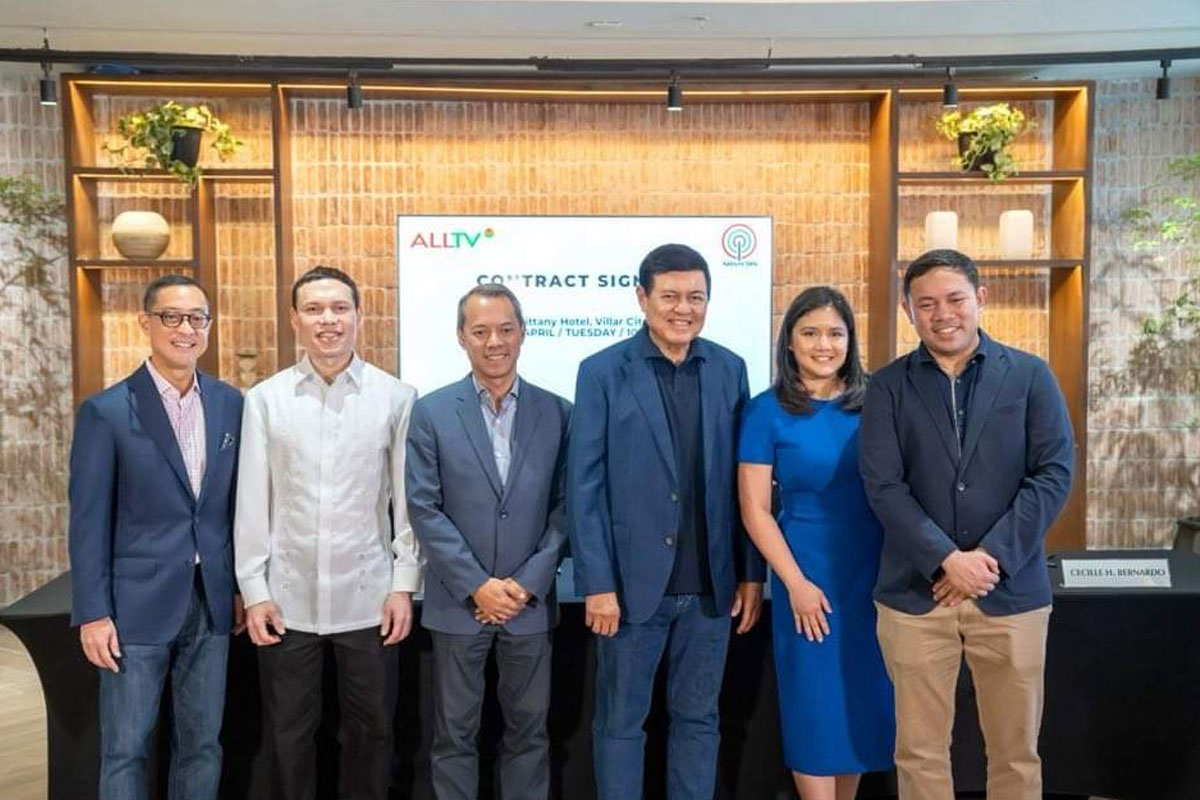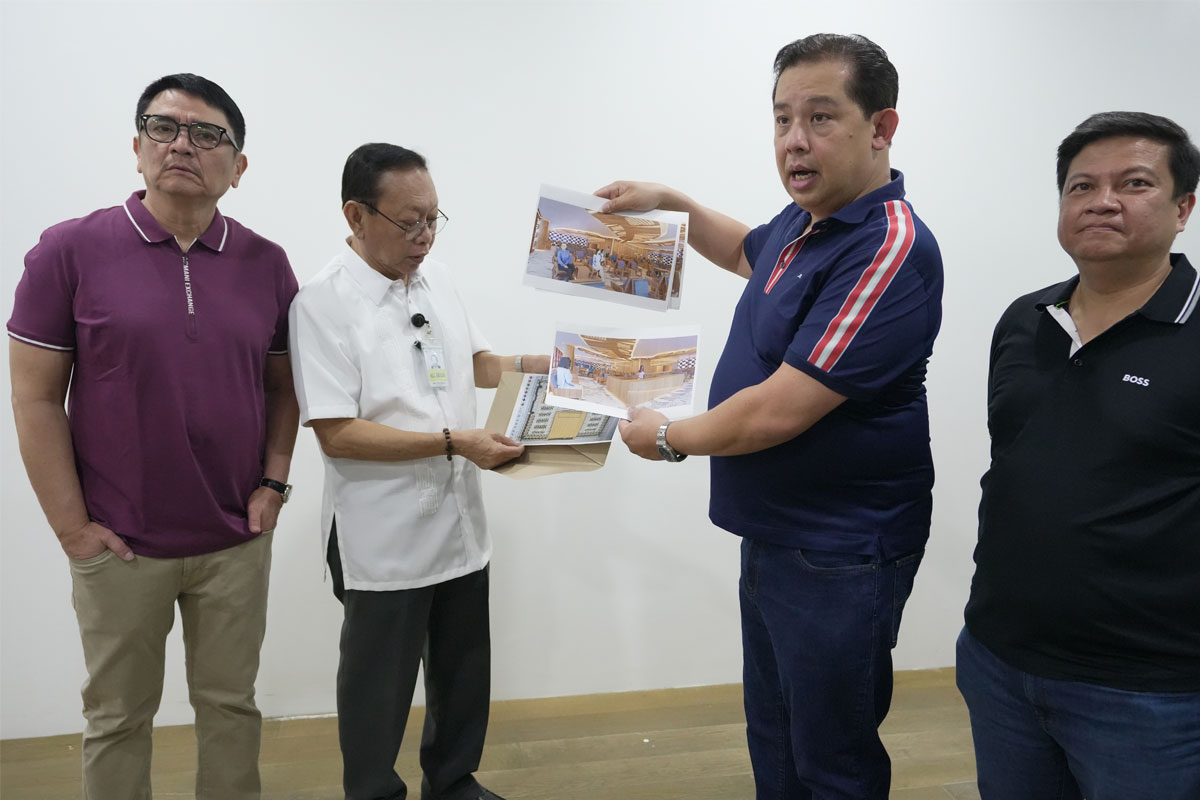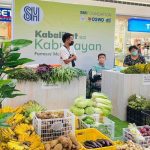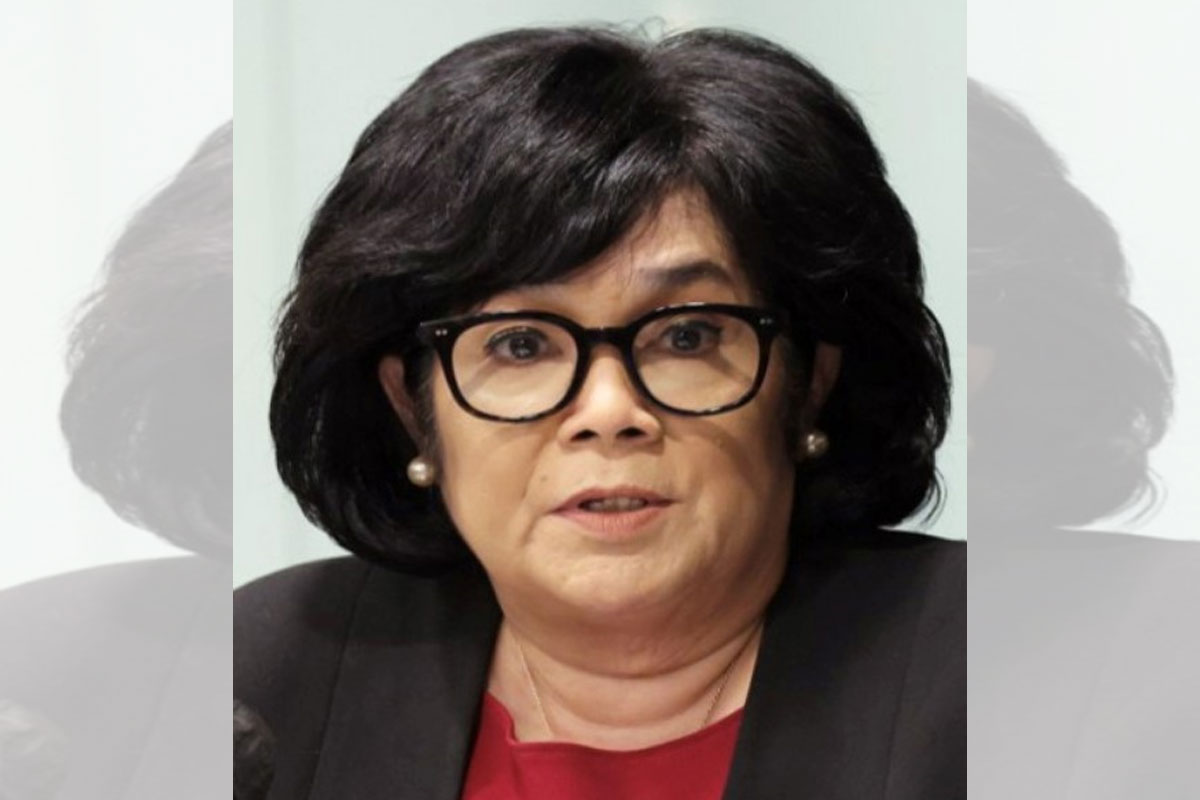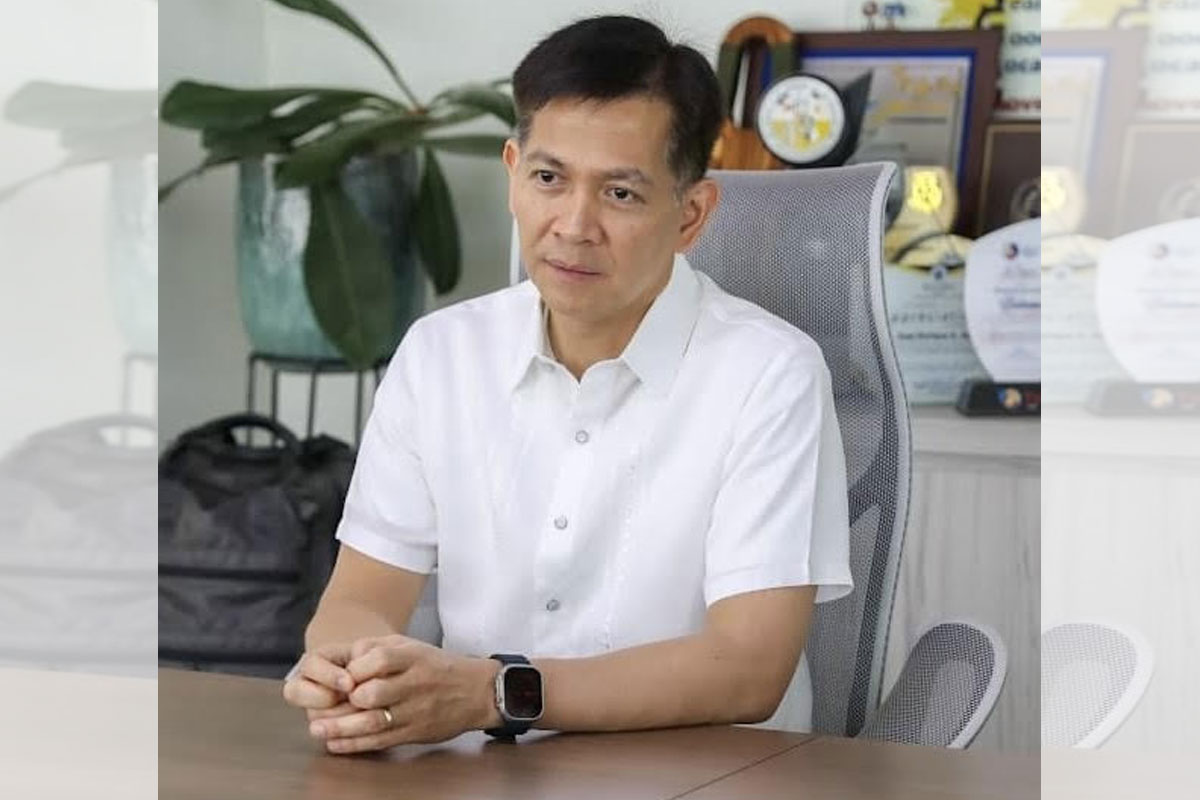
DA to increase ‘Kadiwa’ program
The “Kadiwa”, a marketing initiative of the Department of Agriculture (DA), will be expanded so that Metro Manila’s residents can access quality, safe, and affordable agri-fishery products.
The DA disclosed that as of July 31, the Kadiwa program has benefitted 151 farmers’ cooperatives and associations (FCA).
The DA’s Agribusiness and Marketing Assistance (AMAS) conducts Kadiwa nationwide and in 11 cities in Metro Manila. It seeks to empower the farming community by providing a direct and effective farm-to-consumer food supply chain.
The model eliminates as many marketing layers, allowing producers to earn bigger from directly selling their produce instead of using trader-intermediaries. It reduces marketing expenses, thus making fresh and quality products more affordable for consumers.
Kadiwa, which was enhanced during the height of the COVID-19 pandemic, helped stabilize prices and supply of staple foods that were impacted by the enforcement of community lockdowns.
New innovative platforms and modalities were implemented to enhance the implementation of the Kadiwa program.
These innovations include “Kadiwa Retail Selling” – which provides its suppliers an area to directly sell their goods to the consumers. Under this scheme, government offices, LGUs (local government units), and the private sector may request DA to conduct the KADIWA Retail Selling activity in their own areas; and “Kadiwa On-wheels” is a mobile market (similar to a rolling store) to serve the communities and barangays.
Others are “Kadiwa Express” which will tap the private sector and LGUs in the transport and distribution of fresh produce from Agri-Pinoy Centers to designated drop-off points in Metro Manila; and E-Kadiwa is an online marketing platform that connects producers and agripreneurs to consumers. The website was managed by the DA-Information Communication Technology Service (ICTS).
Under this strategy, sellers can sell their agricultural products at the suggested retail prices, including vegetables, rice, and fruits.
Last year, the DA-AMAS launched the “Enhanced Kadiwa Financial Grant Assistance” program, which aims to capacitate the farmers and fisherfolk cooperatives and associations (FCAs) to become reliable and efficient food commodities suppliers.
For sugar and eggs, the DA will expand Kadiwa with more Kadiwa on Wheels to sell sugar at P70/kilo while eggs at P170 per tray or P5.75 per piece for assorted XS (extra small), small, and medium eggs. It will be situated on church grounds through a partnership with Caritas and parish priests.
President Ferdinand “Bongbong” Marcos, Jr., in his first State of the Nation Address (SONA), stressed that the government’s top priority is to bring down the prices of basic food commodities and make them affordable, including reviving Kadiwa centers.
“Para sa pangmatagalang solusyon: itataas natin ang produksyon ng mga kalakal at produktong pang-agrikultura. At para magawa ito, pagtitibayin natin ang tinatawag na value chain na nagsisimula sa mga magsasaka hanggang sa mga namimili,” he said.
The President also announced in his interviews that Kadiwa should be established in every barangay to help consumers buy necessities like food products at lower prices than those sold in regular markets and stores.
He said the current model still needs improvement, particularly in linking it to the Food Terminal Inc. (FTI) to ensure that the public would have access to a sufficient supply of locally produced goods.



